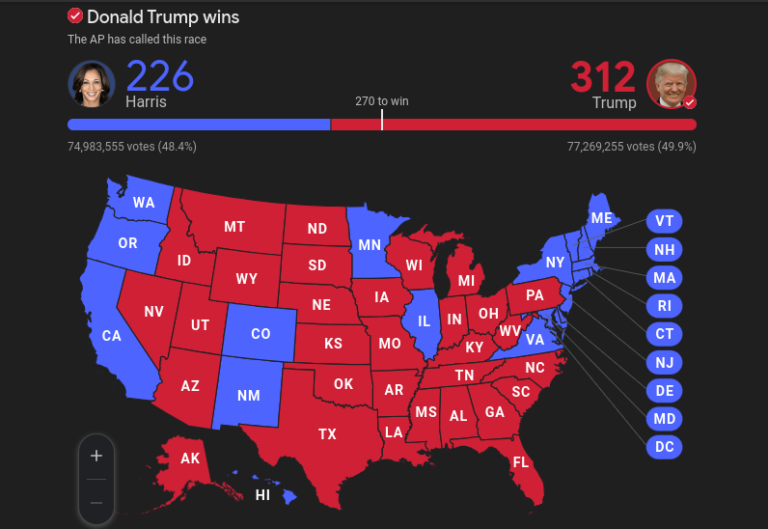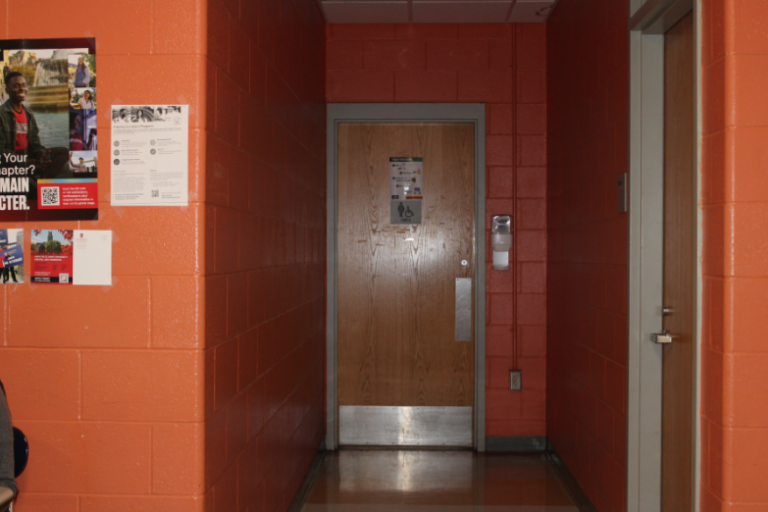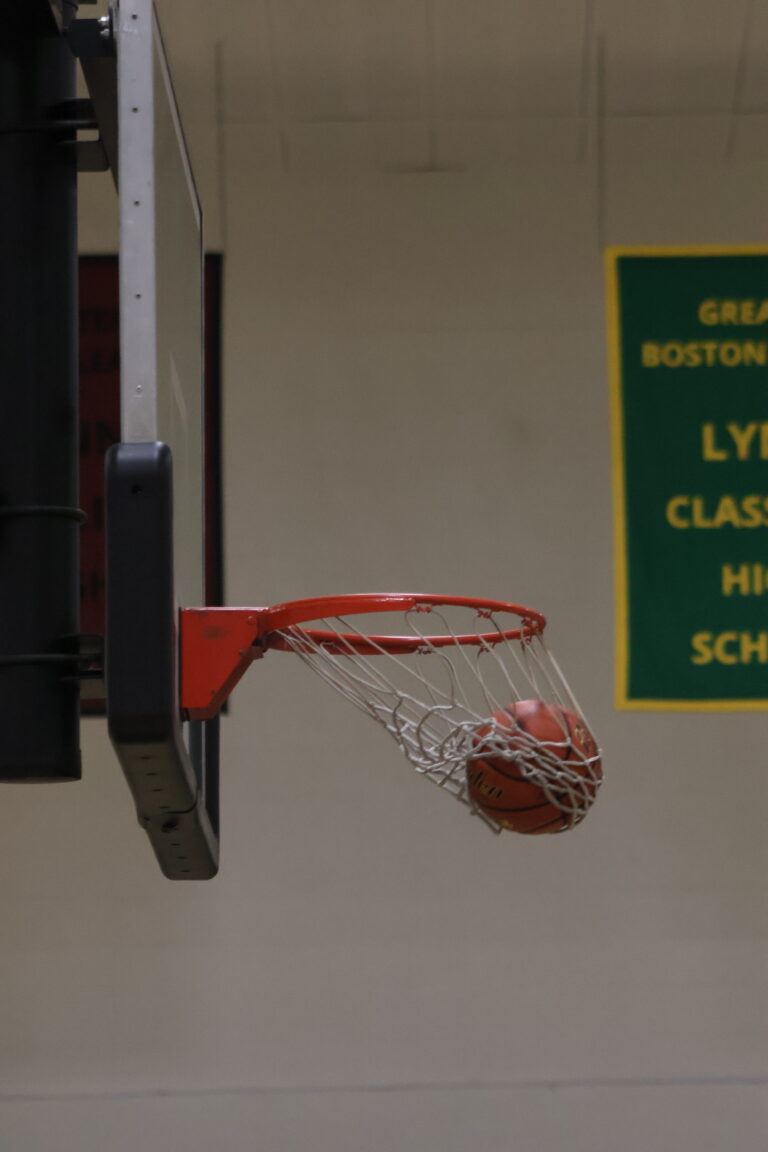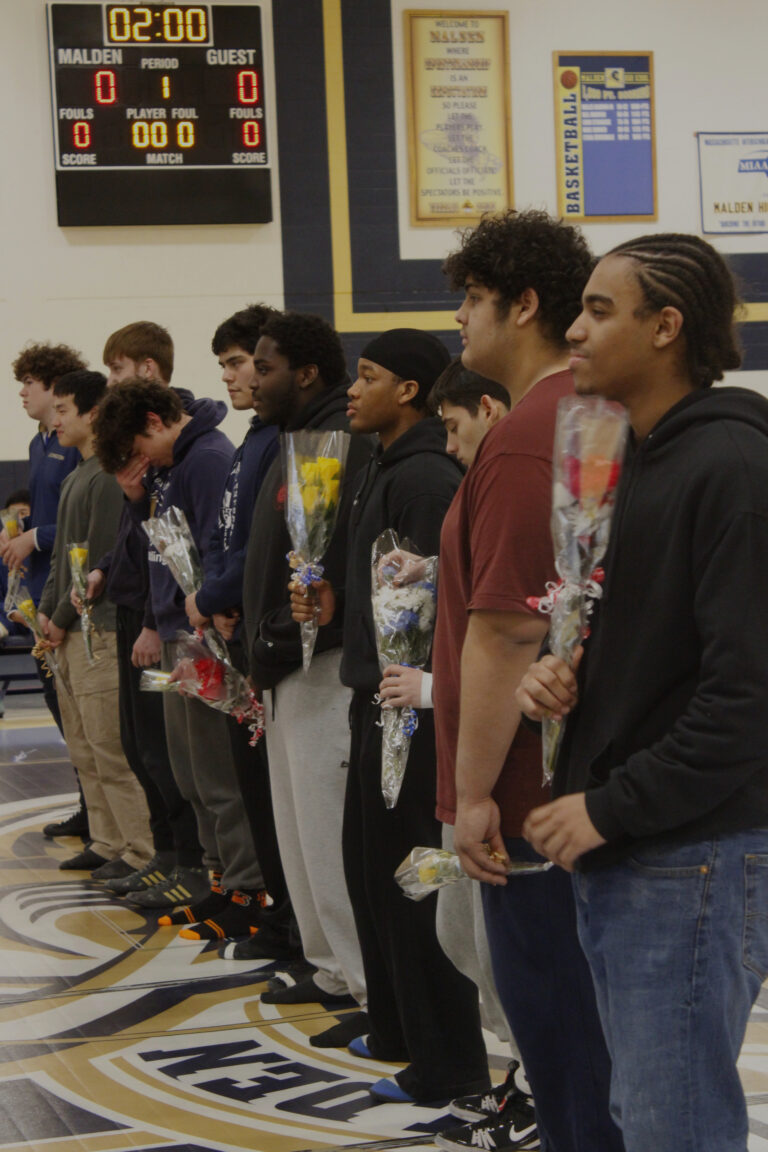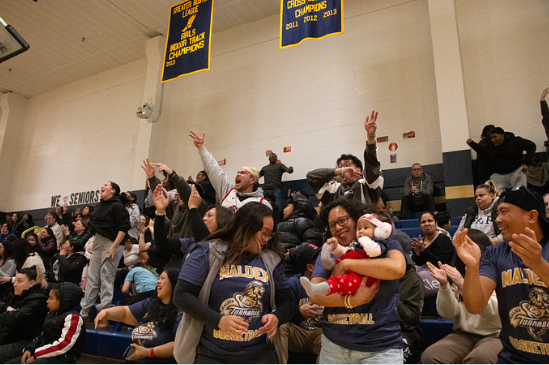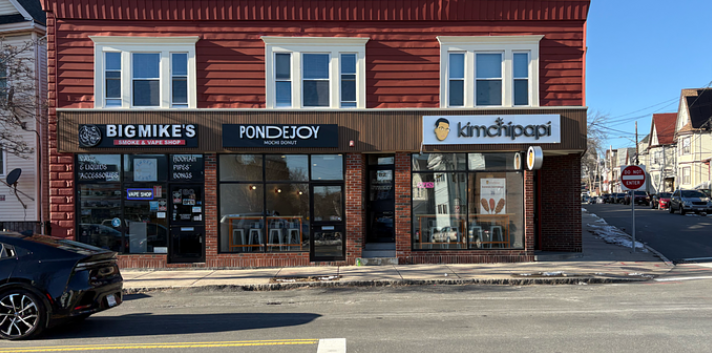I remember, when I was ten, my parents sent me to a day camp during the summer. It was a normal camp, where we played computer games and drank juice boxes until our parents came to pick us up, occasionally playing dodgeball if it didn’t rain. The kids were nice too, and so were the instructors.
One day, a new boy came to camp, Thomas. He was Vietnamese, and one of the few kids who wasn’t white. To make a long story short, everyone made fun of him, of his Vietnamese eyes and his Vietnamese skin and his Vietnamese lunch that his mother made him every morning. I thought it was odd that we made fun of him for that, because I had never encountered this type of behavior in all my ten years of life. Making fun of someone because they were the slowest at recess was one thing, but this just seemed wrong. I started drinking my juice next to him at snack time, and we became camp friends. He even let me try his lunch, which I didn’t like, but pretended to anyways.
My point is that I didn’t think Thomas was weird, because I had been surrounded by kids like him my entire life. Malden High School is the most diverse high school in the state of Massachusetts, and Malden is an extremely diverse community, which causes people like us, students, to be exposed to more cultural diversity than some people experience their whole lives. You might not think that it’s true, but it is — there are schools where there are only three black students, no Gay Straight Alliance, and no Asian Culture Club.
The exposure comes slow, but stays for life. It comes when you walk past five people in a hallway, and each person speaks a different language, and you can identify all five; It comes when you, without any formal training, can speak at least one sentence in fluent Haitian Creole, Spanish, or Cantonese; and it comes when you know to use they/them pronouns when unsure of someone’s gender identity, as a default. In life, there will be people who only know a single culture, their own. In a world such as ours, where Tokyo is only a 16 hour flight away, being steeped in such diversity might be the greatest asset you will have.
The world is a friendly place, take it from me. I remember during my freshman year, I volunteered at a church to help feed the needy around Christmas with the Key Club, and an old woman was talking to me about the direction the world was headed (spoiler: she wasn’t optimistic). She told me “Only the bad things make the news. We never hear about the good.” She was beyond correct.
Today, children are growing up thinking that the Middle East is a permanent war zone, without knowing that it used to be (and still is) a land of vibrant culture and rich history. I wouldn’t call myself a worldly person, but I’ve been to enough places to realize that Americans are very, to put it simply, rude. In a video of Sudanese refugees coming to America, they say “In the United States, people are not friendly…You cannot go to the house of someone you don’t know, though you are all Americans.”
Diversity should not be inversely proportional to friendliness; a nation as diverse as the US shouldn’t play host to such ignorance. My only advice is that knowledge is the bane of ignorance, and that same knowledge lies outside these borders, the porous political boundaries that we are so intent on closing. Travel. Study abroad in Sweden, in Morocco, in Brazil, in New Zealand. Embrace the cultures this planet has to offer, press them against your skin and truly experience the world.

